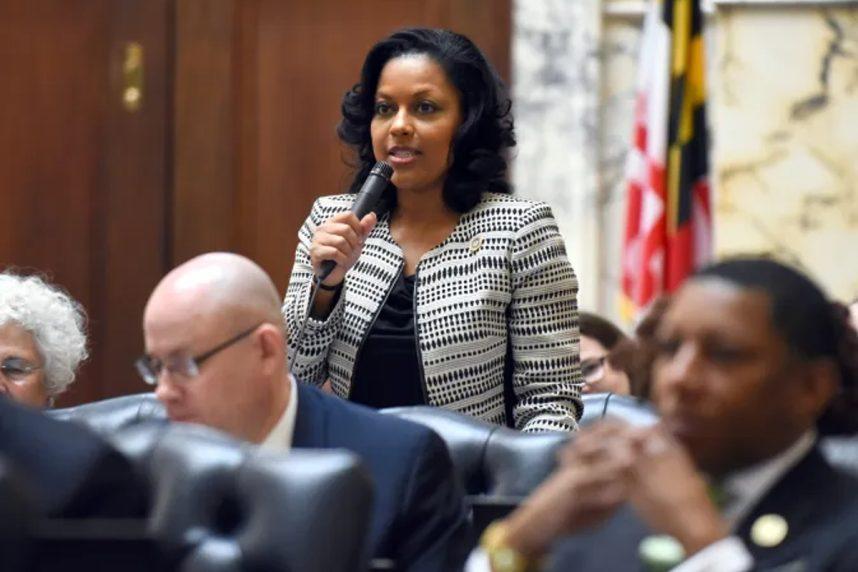[ad_1]
Posting date: 5 April 2024 10:10h
Last Updated: April 5, 20,24 at 12:39h
The Maryland iGaming legislation passed by state House of Delegates in last month’s session has now died in General Assembly upper chamber.

House Bill1319 was presented in February by Del. Vanessa Atterbeary is a Democrat from Howard. The Maryland Gaming Act sought to extend gaming to online slot machines, interactive table games and other forms of gambling.
Atterbeary’s Bill The vote was 92 to 43.. The iGaming Initiative was supported more by Democratic delegates. State Senate, which is also a stronghold for Democrats, with 34 out of 47 seats held by the party, chose to not consider gaming expansion during this legislative session.
After HB1319 was filed, Senate leadership referred the bill to Budget and Taxation Committee. On March 26, the bill received an audience, but the members of that committee decided against voting on its passage.
The iGaming initiative is now dead. With no plans to continue the discussion of HB1319, as the General Assembly 2024 session ends on Monday and with no other consideration planned for HB 1319, there’s been no progress in the iGaming movement.
iGaming Shunned
Atterbeary, along with other iGaming advocates, believed that online casino games would provide additional funding to the Maryland Blueprint.
Blueprint for Maryland’s future, expected to be adopted in 2021, is designed to “transform public schooling” and “improve education, especially for those historically underserved.”
The Maryland Education Trust Fund receives the tax benefits from Maryland’s six brick and mortar casinos. This fund supports public education for pre-K to 12th grade, infrastructure in public schools and colleges, as well as capital improvements at community colleges. Taxes on sports betting support Blueprint.
Senate leaders assured Atterbeary that the Senate would not allow iGaming to be legalized. Dead on Arrival The upper chamber. Senators said the Senate had decided that 2024 would not be a year of more gaming and, earlier in this year, they had withdrawn similar iGaming laws filed by Senator Ron Watson.
Atterbeary had proposed a bill that would allow the casinos of Maryland to work with as many as three iGaming providers. Maryland’s off-track wagering and bingo sites would qualify for a skin.
Urban One was to receive one iGaming licensing, while five other licenses would be put out for competitive bidding. Each license cost $1,000,000 and gross revenue was taxed 55%.
Marylanders had the final word on HB 1319 as it required a referendum ballot to amend the constitution of the state to allow online casino gambling. Being a legislative-initiated ballot proposal, the bill needed three-fifths support in each assembly chamber.
Public Pushback
Together with the State Senate, poll commissioned A majority of Maryland’s public opposed the online casino gambling in February.
According to the report, 64% of Marylanders are unaware that they have a state government. You don’t need iGaming It is too early to tell. The Maryland Retailers Alliance is opposed to iGaming and commissioned the poll, conducted by a Raleigh-based independent polling company.
Also, the casinos in this state oppose expanding online gambling. Last year, the six casinos generated gross gaming revenues (GGRs) totaling $1.98 billion. 3.3% decrease from 2022.
MGM National Harbor is the leader of the market in this state and has one of the highest GGRs outside Las Vegas.
[ad_2]

